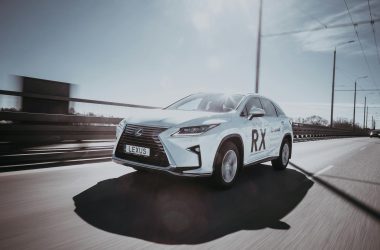I’ve been monitoring and writing about battery technology advancements for years, and was let down so many times. This time, a li-ion battery technology that can be recharged to 70% in 2 minutes has been developed, and it can theoretically last 20 years!

Image obtained with thanks from NTU.
This technology is facilitated by the use of a titanium dioxide-based gel in the anode, unlike conventional lithium-ion batteries which often contain graphite anodes. Titanium dioxide is an abundant, cheap, and non-toxic material. That is a step in the right direction for battery manufacturing.
Naturally found in spherical shape, the NTU team has found a way to transform the titanium dioxide into tiny nanotubes, which is a thousand times thinner than the diameter of a human hair. This speeds up the chemical reactions taking place in the new battery, allowing for superfast charging.
The previous advancements usually had a significant flaw, or just didn’t make it to the market, or at least not yet. For example: MIT’s battery that charges in 20 seconds, and is cheaper than the others.
That was one of few technologies which didn’t appear to have any serious flaws. It would be a game changer if it was commercialized.
It could have a great impact on the electric vehicle industry. A key issue affecting electric vehicle adoption is battery charge time. If electric vehicles could recharge quickly enough, they would not need much range. Range is currently an issue because people won’t want to sit in a public place for hours waiting for their vehicles to charge.
People rarely drive more than 30 miles at a time, and even if they wanted to do a 400-mile trip in a car that has only 80 miles of range, they could recharge it for 2 minutes every 80 miles (or ever 30-60 minutes). While that isn’t difficult, if you think it is, most people won’t have to do it anyway.
Some think that electric vehicles must amount to the 300-500 mile range that gasoline-powered vehicles have, but this isn’t necessary. Gas tanks are cheap enough to just make them bigger. Most people’s gas tanks can last longer than a week, so they don’t even bother to refill them daily.
Apart from that, electric vehicles have the other benefit of recharging at home overnight daily so the user won’t have to go to a gas station, and they will have their full range every day, unlike gas-powered vehicle users which can’t have that luxury.
This Battery Technology’s Impact On Electric Planes
The electric plane industry hasn’t taken off yet, and is struggling to do so. However, i’m sure that electric planes could benefit from a reduced recharge time. Planes will sometimes need to top up between flights, and time is of the essence in the airline industry.
The ability to recharge to 70% in two minutes might help the airline industry take another big step towards the electrification of planes.
This technology was developed by a team of researchers including Prof Chen Xiaodong, Tang Yuxin and PhD student Deng Jiyang at Nanyang Technology University (NTU) in Singapore.
Source: NTU.
Follow me on Twitter: @Kompulsa.
For more technology news, visit the technology category. For technology reference material, visit the technology section.






